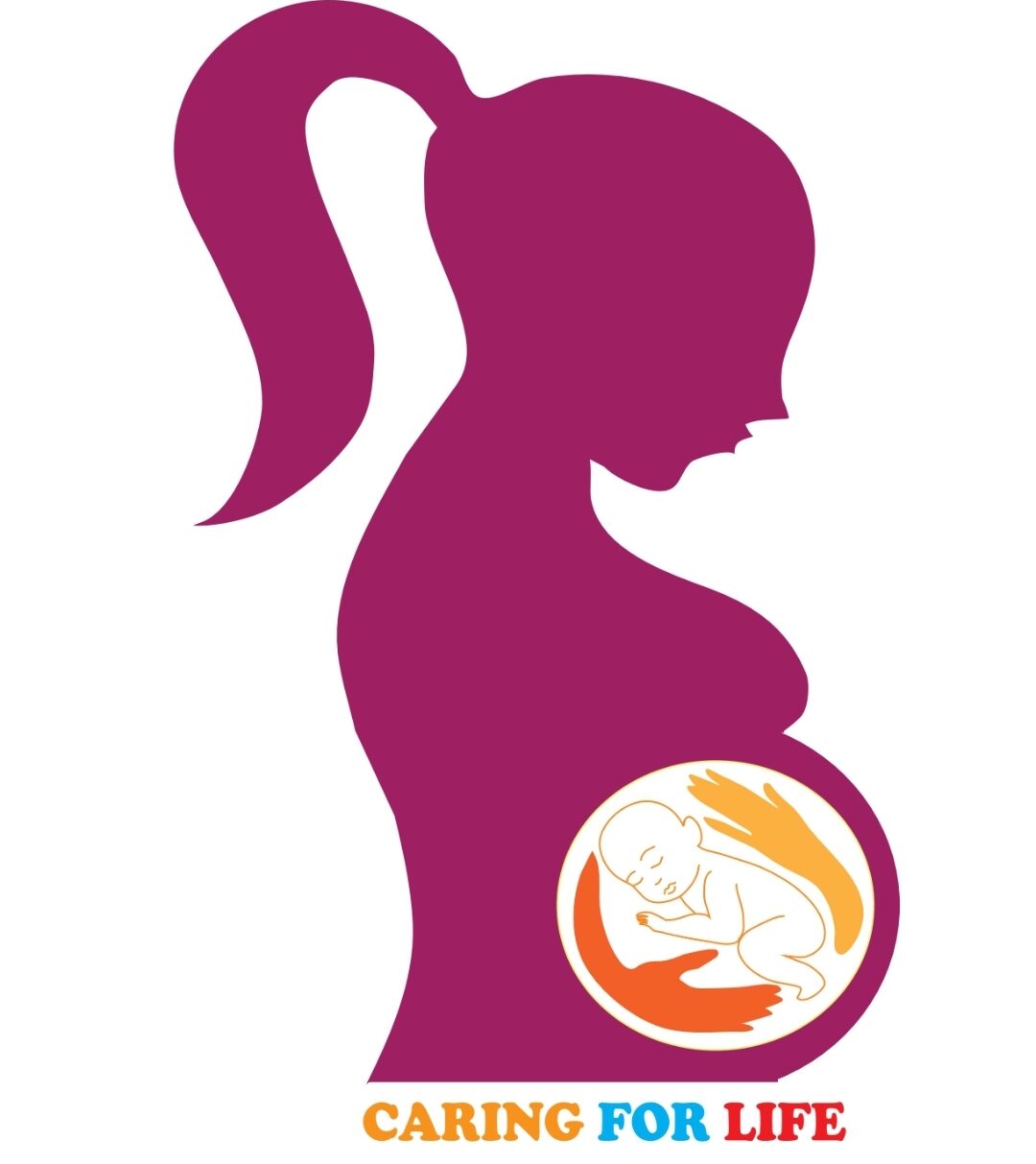
Experiencing a miscarriage is a deeply emotional and often misunderstood event. Understanding the reasons behind miscarriages, how they occur, and what steps can be taken to prevent them can provide some comfort and practical guidance for those who have gone through or are concerned about this difficult experience. Here’s a comprehensive look at miscarriages to help you navigate this challenging topic.
Why Do Miscarriages Happen?
Miscarriages, also known as spontaneous abortions, occur in about 10-20% of known pregnancies. They are most common in the first trimester. Several factors can contribute to a miscarriage, including:
1.Genetic Abnormalities: The most common cause of miscarriage is chromosomal abnormalities in the developing embryo. These abnormalities are often random and not related to the mother or father’s genetic makeup.
2. Hormonal Imbalances: Conditions such as thyroid disease or polycystic ovary syndrome (PCOS) can lead to hormonal imbalances that affect pregnancy.
3. Uterine Abnormalities: Structural problems with the uterus, such as fibroids or an abnormally shaped uterus, can interfere with implantation and growth of the embryo.
4. Infections: Certain infections, like those caused by cytomegalovirus, rubella, or listeria, can lead to miscarriages.
5. Chronic Conditions: Health conditions such as diabetes, high blood pressure, and autoimmune diseases can increase the risk of miscarriage.
6. Lifestyle Factors: Smoking, excessive alcohol consumption, drug use, and high levels of caffeine intake are associated with a higher risk of miscarriage.
7. Advanced Maternal Age: Women over the age of 35 have a higher risk of miscarriage due to a higher likelihood of chromosomal abnormalities.
How Do Miscarriages Occur?
Miscarriages typically happen when the embryo or fetus stops developing. The body then naturally expels the pregnancy tissue. The process can vary depending on the stage of pregnancy and individual circumstances:
1. Early Miscarriage: In the first trimester, the body may expel the pregnancy tissue naturally, often causing cramping and bleeding.
2. Missed Miscarriage: Sometimes, a miscarriage occurs without the body recognizing it, leading to a missed miscarriage. In these cases, medical intervention may be necessary to remove the pregnancy tissue.
3. Second Trimester Miscarriage**: Less common but more complicated, these miscarriages may require medical procedures such as dilation and curettage (D&C) or induced labor to complete the process.
What Can You Do to Prevent Miscarriages?
While not all miscarriages can be prevented, there are steps you can take to reduce your risk:
1. Prenatal Care: Regular check-ups with Dr. Gauri Jagdale, your healthcare provider, can help monitor your health and the progress of your pregnancy.
2. Healthy Lifestyle: Avoid smoking, excessive alcohol, and drug use. Maintain a balanced diet rich in vitamins and minerals, and engage in regular, moderate exercise.
3. Manage Chronic Conditions: If you have chronic conditions like diabetes or thyroid disease, work with Dr. Gauri Jagdale to manage them effectively.
4. Genetic Counseling: If you have a history of miscarriages or are at higher risk due to age or other factors, consider genetic counseling with Dr. Gauri Jagdale to understand your risks and options.
5. Avoid Infections: Dr. Gauri Jagdale recommends practicing good hygiene, avoiding undercooked meat, and staying clear of individuals who are sick to reduce the risk of infections.
6. Medications: Consult Dr. Gauri Jagdale before taking any medications or supplements to ensure they are safe during pregnancy.
7. Stress Management: Dr. Gauri Jagdale advises engaging in stress-reducing activities like yoga, meditation, or gentle exercise.
Seeking Help and Support
If you experience a miscarriage, it’s important to seek medical attention from Dr. Gauri Jagdale to ensure your health and well-being. Additionally, emotional support from loved ones, support groups, or professional counselors can be invaluable during this time.
Remember, miscarriages are often beyond your control, and experiencing one does not mean you cannot have a successful pregnancy in the future. By understanding the factors involved and taking proactive steps with Dr. Gauri Jagdale, you can improve your chances of a healthy pregnancy. Always consult with Dr. Gauri Jagdale for personalized advice and care.




